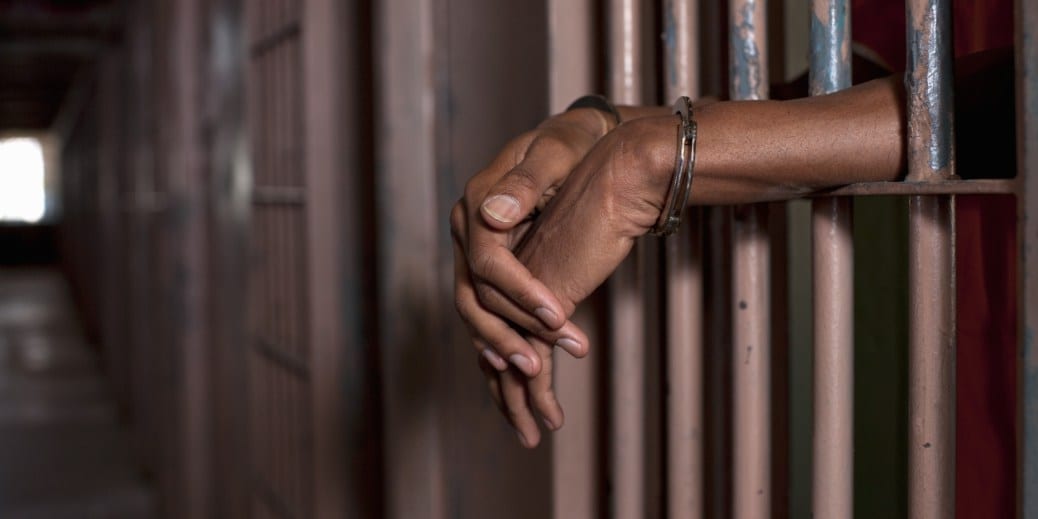
The Ministry of Foreign Affairs and Regional Integration, according to citinewsroom.com, has issued an urgent advisory to Ghanaian traders, cautioning them against the importation of certain staple food items from neighbouring Burkina Faso.
The banned commodities include cereals such as rice, millet, maize and sorghum, as well as white beans. This directive, the website revealed, follows an official communication from the Burkinabe government, which has imposed a ban on the export of these essential food items.
The Foreign Ministry emphasised the need for traders and businesses engaged in cross-border trade to adhere strictly to the directive to avoid potential penalties ordisruptions to their operations
The ban, which is part of Burkina Faso’s broader strategy to ensure food security for its population, comes amid growing concerns over the availability of staple foods in the Sahel region. The story further continued that recent climatic challenges, including erratic rainfall patterns and prolonged dry spells have significantly impacted agricultural production in Burkina Faso.
Additionally, security concerns, including insurgency activities in parts of the country, have disrupted farming activities, reducing overall food output. As a result, the Burkinabe government has moved to restrict the outflow of critical food resources to stabilise domestic supply and prevent food shortages.
Already, stakeholders have raised concern over the ban and that the announcement is expected to have considerable impact on the Ghanaian market, particularly for traders and consumers who rely on imports from Burkina Faso to supplement local production and this is the worry of The Chronicle.
Ghana has agriculturally endowed lands yet we are unable to cultivate them and have to always rely on imports to feed the people. The past Akufo-Addo administration introduced Planting for Food and Jobs policy and sank billions of Ghana Cedis into the project. The idea was to produce to feed the nation and get surplus for export.
But whilst this project was being executed, traders were still importing food items like cereals from our neighbouring countries, especially Burkina Faso and Niger. Apart from the fact that this obsession for food imports did put severe pressure on the strength of the local currency, the Cedi, against major currencies such as the Dollar and the Pound Sterling, it also made nonsense of the Planting for Food and Jobs policy.
All these are happening because we have failed as a nation to properly deal with the problems in the agricultural sector of our national economy. Burkina Faso is a semi-desert state, yet it is able to produce food to feed her people and export the surplus to us here. Yet Ghana, which prides herself as having rich agricultural lands is perspiring because our neighbour has banned the export of cereals.
But whilst grimacing over the ban, it should, at the same time, be a wake call on us as a nation to take agriculture serious. We have the rich lands – what is needed are good policies from the government to encourage Ghanaians to go into farming.
We repeat: what has happened is a wakeup call for us to put our house in order, otherwise we will be laughing at the wrong side of our mouth one day.
The post Editorial: Food Production: Ghana Must Put Her House In Order appeared first on The Ghanaian Chronicle.
Read Full Story





















Facebook
Twitter
Pinterest
Instagram
Google+
YouTube
LinkedIn
RSS